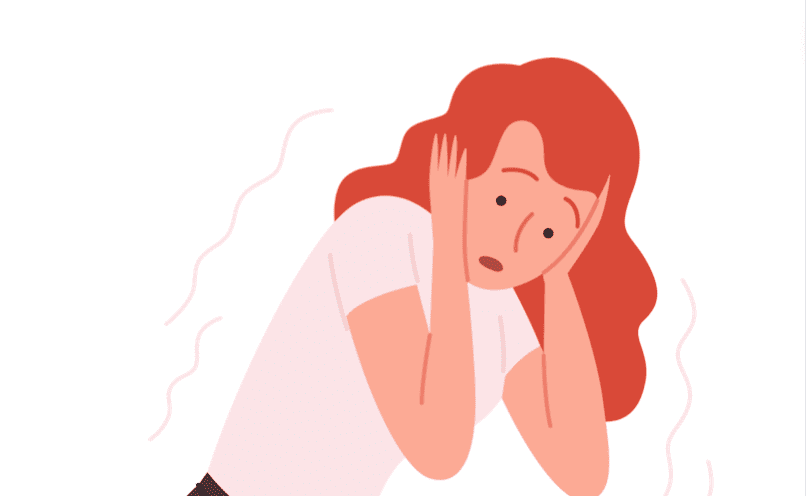My top tips to manage panic attacks
Panic attacks are a distressing and debilitating condition that affects many people. They can occur suddenly and unexpectedly, leaving you feeling overwhelmed and out of control. However, some steps can be taken to manage and overcome panic attacks.
Top tips to help you overcome panic attacks

1. Understand the symptoms
The first step in managing panic attacks is to understand the symptoms. Panic attacks typically involve a sudden onset of intense fear or discomfort, accompanied by physical symptoms such as rapid heartbeat, sweating, trembling, and shortness of breath. It’s important to recognise these symptoms so that you can take steps to manage them. Click here to learn more about panic attack symptoms
2. Practice deep breathing
Deep breathing can be an effective way to manage panic attacks. Taking slow, deep breaths can help calm the body and reduce anxiety. Try breathing in through your nose for four counts, holding your breath for seven counts, and exhaling through your mouth for eight counts.
3. Use relaxation techniques
Relaxation techniques such as meditation, yoga, or progressive muscle relaxation can help to reduce anxiety and prevent panic attacks. These techniques can help you to feel more in control of your thoughts and emotions.
4. Identify triggers
Identifying the triggers that cause panic attacks is important in managing them. Triggers can include situations, people, or even thoughts or memories. Once you have identified your triggers, you can take steps to avoid them or develop coping strategies.
5. Challenge negative thoughts
Negative thoughts and self-talk can fuel feelings of anxiety and panic. Challenging these thoughts and replacing them with positive, realistic ones can help to reduce anxiety and prevent panic attacks. Learn more about controlling negative thoughts here.
6. Stay physically active
Exercise is a natural stress reliever that can help reduce anxiety and prevent panic attacks. Try to engage in regular physical activity, such as jogging, swimming, or yoga.
7. Get enough sleep
Lack of sleep can increase anxiety and make panic attacks more likely. Make sure you get enough sleep each night by establishing a regular sleep routine and avoiding caffeine and alcohol before bedtime.
8. Talk to someone
Talking to a trusted friend or family member about your feelings can help to reduce anxiety and prevent panic attacks. You may also want to consider seeing a therapist or counsellor who can help you develop coping strategies and provide support. The most important person you should talk to is your GP. Once diagnosed, your doctor can refer you for talking therapies, and they may prescribe medication if you agree that this will be helpful.
9. Consider hypnotherapy
Hypnotherapy can be an effective treatment for panic attacks. It works by helping you to relax and access your subconscious mind, where the root causes of anxiety and panic may be located. Hypnotherapy can also help you to develop new, more positive thought patterns and coping strategies.
10. Practice self-care
Taking care of yourself is an important part of managing panic attacks. Make time for activities like reading, spending time with friends, or listening to music. Prioritise self-care and make it a regular part of your routine.
In conclusion, panic attacks can be a distressing and debilitating condition, but they can be managed and overcome with the right strategies and support. By understanding the symptoms, identifying triggers, and developing coping strategies such as deep breathing, relaxation techniques, and exercise, you can reduce anxiety and prevent panic attacks.
Call, whatsapp, Text or email me:
07305 918162
gaynor@positivehypno.com
